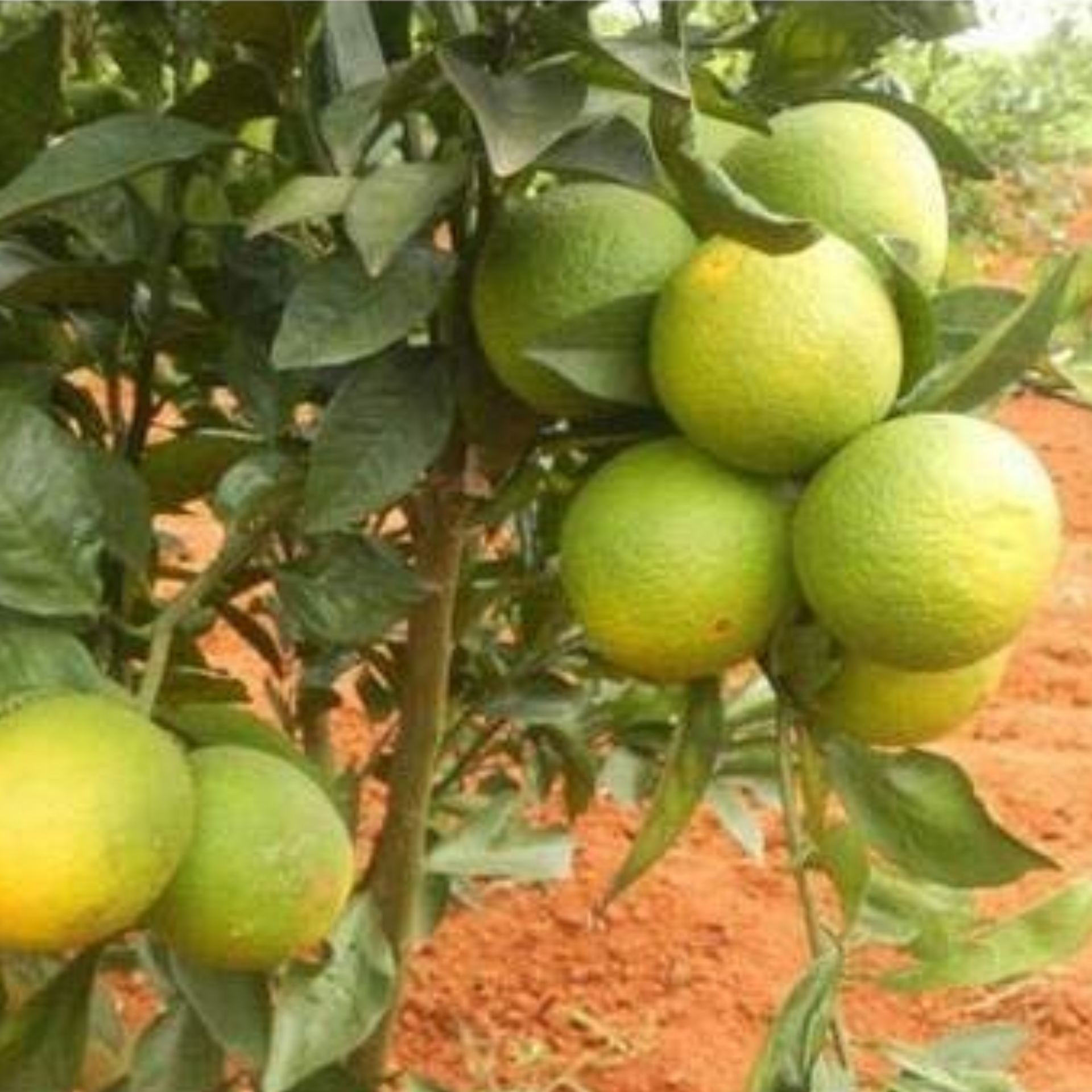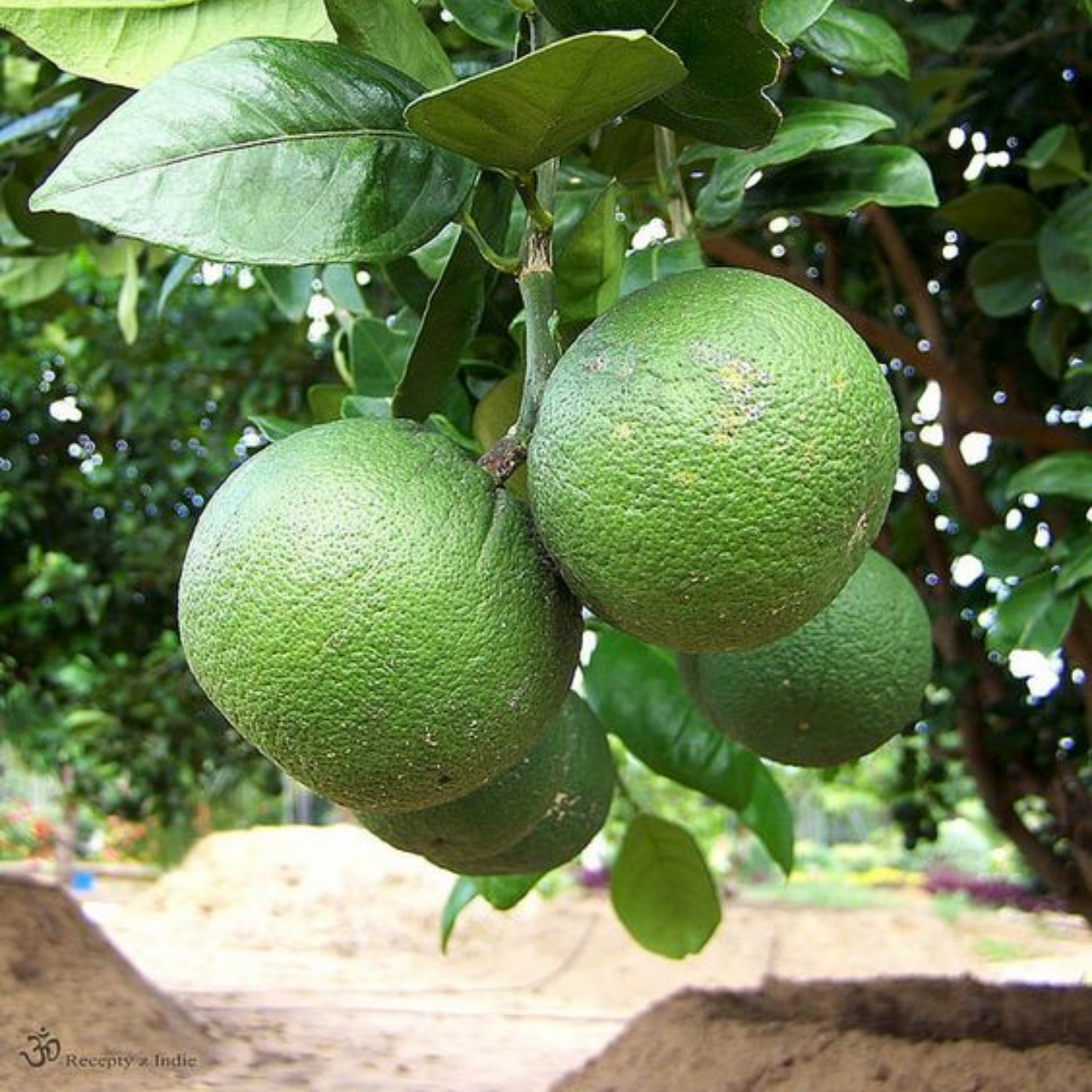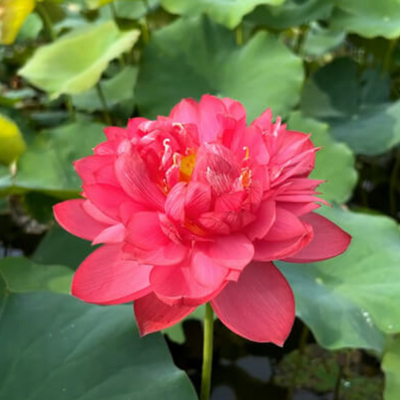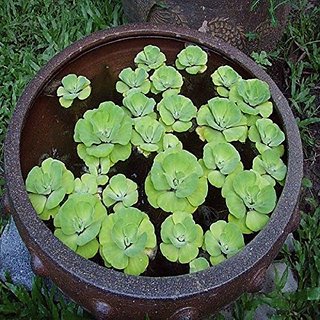


Mosambi Sweet Lemon Plant Live Healthy and Grafted Plant Suitable For Land,pots Or Bonsai
Guaranteed Safe Checkout
The Citrus Wonder: All About the
Mosambi Sweet Lemon Plant
The world of plants is a diverse and fascinating one, with each species holding its own unique charm. One such plant that stands out both in terms of its appearance and the delightful fruit it bears is the Mosambi Sweet Lemon plant (Citrus limetta). This evergreen tree, native to Southeast Asia and India, has captured the hearts of many with its lush green foliage and the sweet, tangy fruits it produces. In this article, we will take a closer look at the Mosambi Sweet Lemon plant, exploring its characteristics, cultivation, and its importance beyond its aesthetic appeal.
The Appearance: A Citrus Delight
- The Mosambi Sweet Lemon plant is known for its vibrant and glossy leaves.
- These leaves, when crushed or brushed against, release a zesty and invigorating aroma, making it a pleasure to have in your garden.
- The tree can grow up to 3-4 meters in height, with a spreading canopy that provides excellent shade.
- The sweet lemons themselves are round or oval and slightly smaller than regular lemons.
- Their pale green to yellowish-green skin hides the treasure within - juicy, sweet, and slightly tangy pulp, filled with a burst of refreshing flavor.
- The sweet lemon is a rich source of vitamin C and is often used in culinary applications and as a natural remedy for various health issues.
Cultivation: How to Grow Your Own Mosambi Sweet Lemon Plant
If you're interested in cultivating your own Mosambi Sweet Lemon plant, here are some essential tips:
Climate:
These plants thrive in tropical and subtropical regions. They require a warm climate with plenty of sunlight, ideally between 8-10 hours a day.
Soil:
Well-draining soil is essential for the Mosambi Sweet Lemon plant. A pH range of slightly acidic to neutral is preferred.
Watering:
While the plant needs regular watering, it's crucial not to overwater as it can lead to root rot. Only water the soil when it is completely dry.
Fertilization:
Fertilize your Mosambi Sweet Lemon plant with a balanced, slow-release fertilizer to ensure steady growth.
Pruning:
Pruning helps maintain the shape of the tree and encourages air circulation. It's best done during the spring months.
Pest Control:
Keep an eye out for pests like aphids and mealybugs, which can affect the health of your plant. Use appropriate measures to control infestations.
Beyond Aesthetics:
The Many Uses of Mosambi Sweet Lemon
The Mosambi Sweet Lemon plant isn't just a pretty addition to your garden
it has several uses and benefits:
Culinary Delights:
- The sweet and slightly tangy flavor of Mosambi Sweet Lemons makes them ideal for a wide range of culinary applications.
- They're used in making refreshing juices, jams, pickles, and are also a popular ingredient in salads.
Medicinal Value:
- These sweet lemons are packed with vitamin C, antioxidants, and essential minerals.
- They are known to boost the immune system, aid in digestion, and even help with weight loss.
Aromatherapy:
- The leaves of the Mosambi Sweet Lemon plant are often used in aromatherapy due to their invigorating fragrance.
- They can be used in essential oil preparations or simply crushed to release their scent.
Cosmetic Products:
- The essential oils from the sweet lemon plant are used in a variety of cosmetic products like perfumes, soaps, and lotions due to their pleasant aroma.
- the Mosambi Sweet Lemon plant is a delightful addition to any garden.
- Its aesthetic appeal, coupled with its culinary and medicinal uses, makes it a prized possession for both novice and experienced gardeners.
- So, if you're looking for a versatile and visually pleasing plant to cultivate, consider the Mosambi Sweet Lemon. It's not just a plant; it's a source of joy and utility.
Cultivating Citrus Limetta: A Guide to Growing Mosambi Sweet Lemon Plants
- The Mosambi sweet lemon, scientifically known as Citrus limetta, is a delightful and versatile citrus fruit.
- It is not only loved for its juicy, sweet-tart flavor but also for its numerous health benefits.
- What's more exciting is that you can easily grow your Mosambi sweet lemon plant in your own backyard or even in a pot on your balcony.
- In this guide, we'll walk you through the steps to successfully cultivate this refreshing fruit-bearing plant.
Choosing the Right Location
- The first step in growing a healthy Mosambi sweet lemon plant is selecting the right location.
- These plants thrive in warm, subtropical or tropical climates.
- They need a lot of sunlight, so it's best to place them where they can receive at least 8-12 hours of direct sunlight every day.
- If you're in a region with harsh winters, consider growing your Mosambi sweet lemon plant in a pot so you can move it indoors during the colder months.
Soil Preparation
- Mosambi sweet lemon plants prefer well-draining soil that is slightly acidic.
- To create the ideal soil mix, combine regular garden soil with sand and organic compost.
- This mixture ensures good drainage and provides essential nutrients for healthy growth.
- Planting your Mosambi sweet lemon tree in a raised bed can also help with drainage.
Planting the Seedling
- Once you have your soil ready, it's time to plant your Mosambi sweet lemon seedling.
- Choose a healthy seedling from a nursery or start one from seeds.
- When planting, dig a hole that's about twice the size of the root ball.
- Place the seedling in the hole, making sure it's at the same depth as it was in its previous container.
- Fill the hole with soil and pat it down gently to remove any air pockets.
Watering
- Proper watering is crucial for Mosambi sweet lemon plants.
- These plants don't like to sit in waterlogged soil, so it's important to water them moderately.
- Water deeply but infrequently, allowing the top inch of soil to dry between applications.
- During the dry season, you may need to increase the frequency of watering, but be cautious not to overwater.
Fertilization
- To encourage healthy growth and fruit production, you should fertilize your Mosambi sweet lemon plant regularly.
- Use a balanced, slow-release fertilizer, preferably one specifically formulated for citrus plants.
- Apply the fertilizer in the spring and late summer, following the package instructions.
- Remember not to fertilize during the winter when the plant is dormant.
Pruning
- Pruning is essential to shape your Mosambi sweet lemon plant and remove dead or diseased branches.
- Before new growth begins, prune in late winter or early spring.
- This will help improve air circulation and sunlight penetration within the plant, resulting in healthier fruit.
Pest and Disease Management
- Keep an eye out for common citrus pests like aphids, mealybugs, and scale insects.
- Regularly inspect your Mosambi sweet lemon plant and use neem oil or insecticidal soap to control infestations.
- Also, be vigilant about diseases such as citrus canker and root rot.
- Remove and dispose of any infected plant parts as soon as possible.
Harvesting
- Mosambi sweet lemons typically ripen during the late summer or early fall.
- You'll know they're ready to harvest when they turn a pale yellow or greenish-yellow color.
- Gently twist or cut them from the tree, taking care not to damage the fruit or the tree itself.
- Growing your Mosambi sweet lemon plant can be a rewarding experience.
- Not only will you enjoy the sweet, tangy fruits, but you'll also have a beautiful, fragrant tree to enhance your outdoor space.
- With the right care, attention, and a bit of patience, you can savor the delicious taste of your homegrown Mosambi sweet lemons.
- So, roll up your sleeves, pick a sunny spot, and start cultivating your very own citrus paradise.






